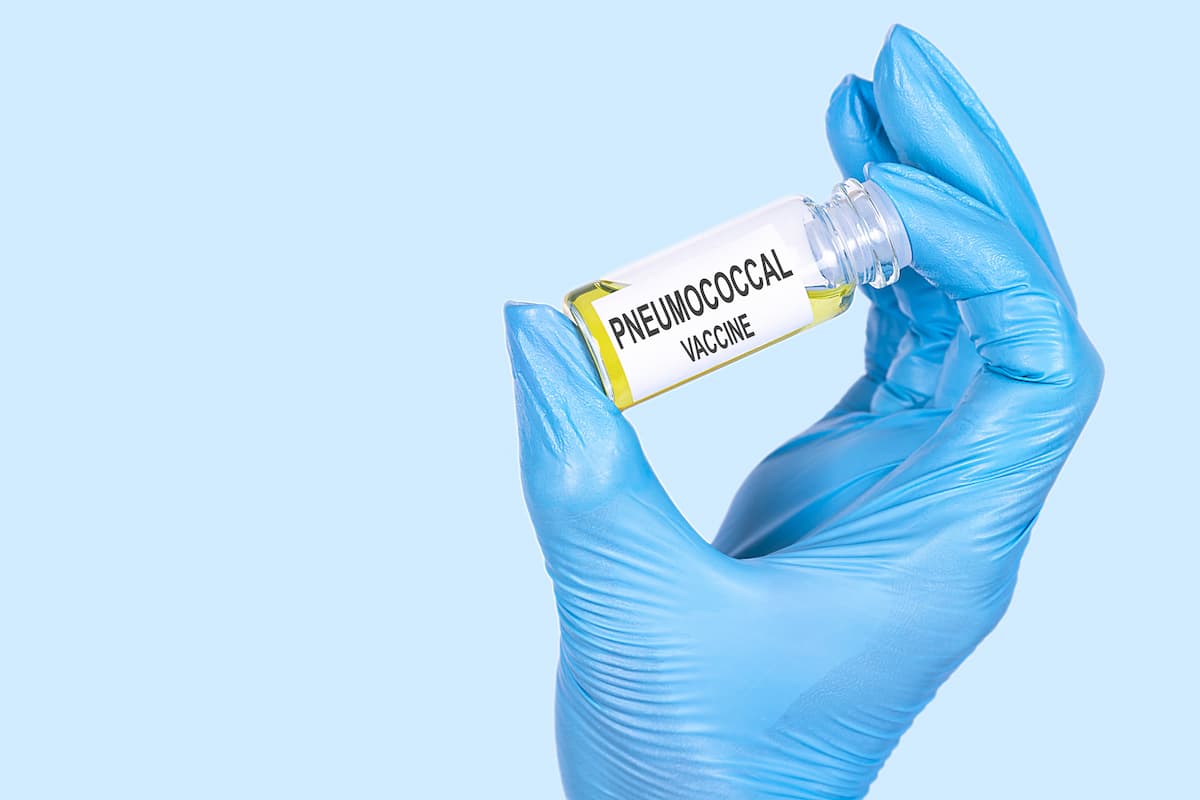Article
Cash Back Programs: Which Credit Card Should You Choose?
When a credit card issuer changed the terms of a cash-back reward program, what are the best alternatives?
Q: My credit card issuer changed the terms of my cash back rewards card program, so I’m looking for a better alternative. What cards offer the most generous cash back rewards?
A: These days, cash back is the most popular type of credit card reward program, and consumer advocates agree they’re typically the most generous. With cash back rewards, cardholders generally earn 1% to 5% on every purchase. The reason these programs are particularly generous is that these days, a number of card issuers are offering sign-up bonuses to attract new customers (although cardholders need to spend a certain amount of money using the card before the bonus is paid).
J.P. Morgan Chase & Co.’s Chase Freedom Visa card is among the most generous of all cash back reward cards. The card offers $100 cash back for cardholders who spend $500 within 3 months of opening a new account. It pays 1% cash back on all purchases, and cardholders can earn a total of 5% cash back every quarter for spending money in certain “bonus categories” (this quarter, the categories are home improvement, lawn and garden, and home furnishings). You can even earn an additional 10% on purchases if you shop for them online through Chase’s retail member network.
The Freedom card has a 0% introductory annual percentage rate (APR) for the first year on balance transfers made during the first 30 days the account is open. There’s also a trial 0% rate on purchases for the first 6 months. After that, both rates have a variable APR of 11.99% to 22.99%. For those who need to transfer balances, the card does have one big drawback: A fee of 3% of the balance transferred.
For those with large balances to transfer, a slightly less rewarding cash back program comes with a definite advantage—an unusually generous 0% APR trial period. With the Citi Dividend Platinum Select card, cardholders pay 0% APR for 15 months on both purchases and balance transfers. (After that, both rates have a variable 12.99% to 20.99% APR.) The program also offers a $100 sign-up bonus and, like the Chase card, cardholders must spend $500 within the first 3 months.
Cardholders earn 2% cash back on purchases for the first 6 months, and then 1% thereafter. Like Citi, it also has a special program that offers 5% on purchases made in certain categories, as well as purchases made with City’s retail partners. Rather than charge a fee, the card pays $5 out cash back on balance transfers of $1500 or more.
No matter which rewards card you choose, remember that the biggest drawback to these types of programs is that they tend to charge higher-than-average APRs, so unless you want to end up paying for your rewards in the form of high finance charges, make an effort to pay the card’s balance in full every month.
ASK THE EXPERT: ANSWERS FOR PHARMACISTS
Do you have a personal finance or financial planning question? Email me at [email protected] and I’ll answer them for you and we’ll post answers (with no personal information) here at “On the Money.” Or you can leave a comment for your colleagues. You can also sign up for Physician’s Money Digest’s weekly eDigest email of money articles relevant to today’s health care professionals at www.physiciansmoneydigest.com/signup.

FDA Approves Dupilumab, Marking First Targeted Therapy in a Decade for Chronic Spontaneous Urticaria




